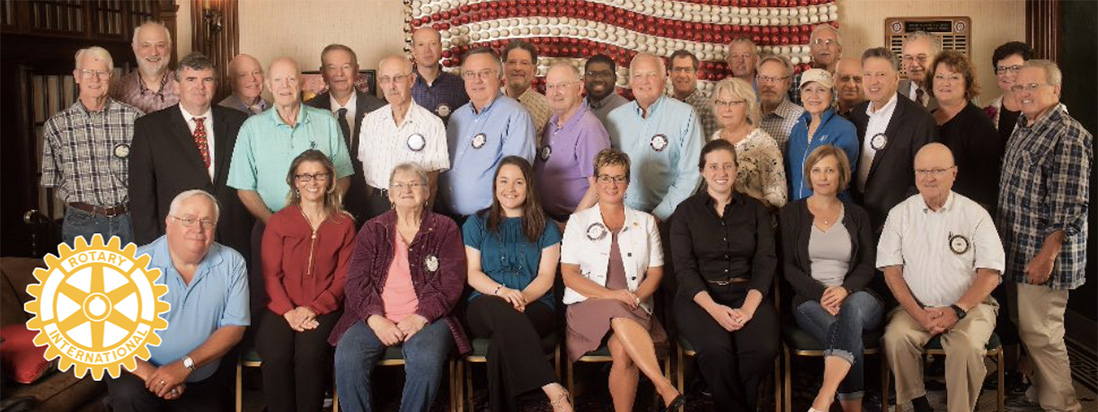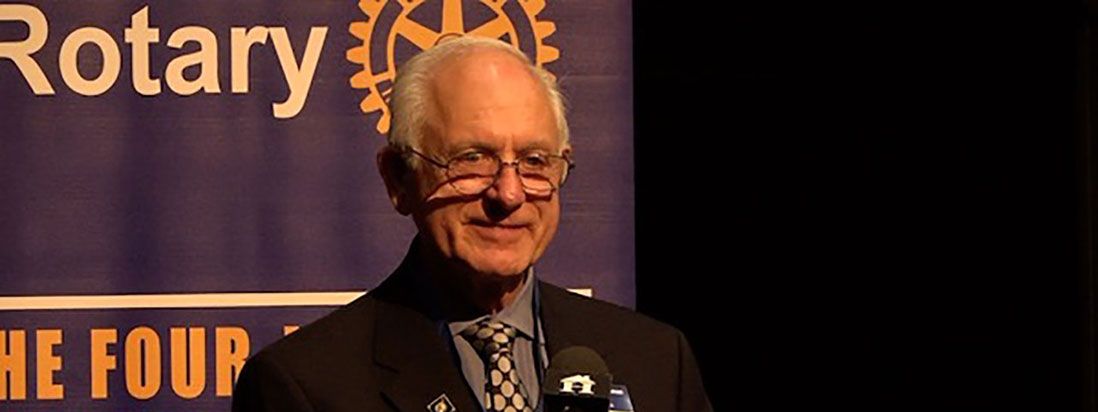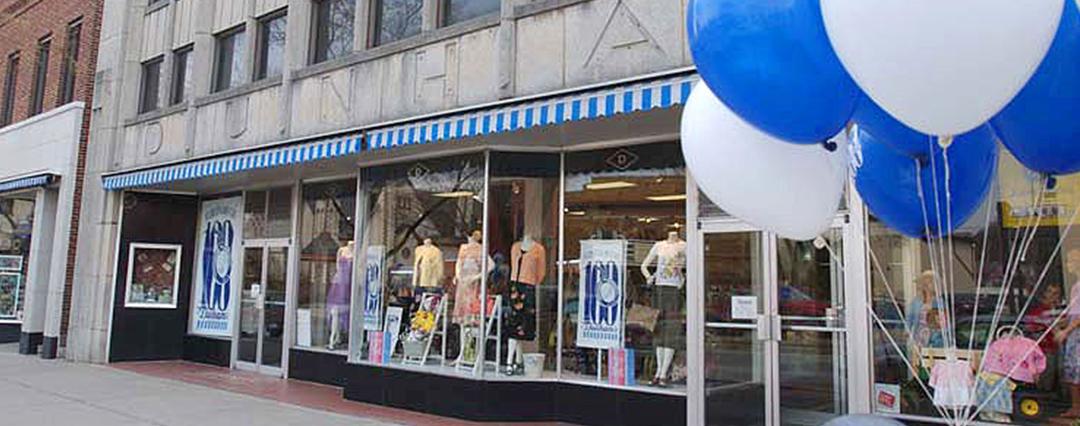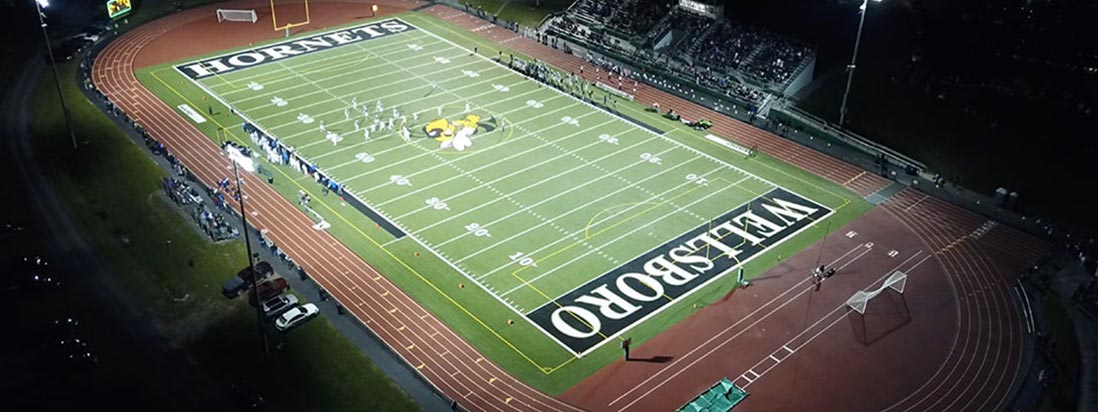Channels

Rotary

Rotary Conference

Laurel Health Centers

Penn Oak Realty

Movin Together

Bank On It

Dunhams Corner

By The Door

Questioning Life

Karschners Insurance

Ag Happenings

Back to Basics

Hornet Happenings

Live From The Hive

Momday Monday

Pennsylvania Politics

The Briefing

Weekly Highlights

Wellsboro Chamber
Medical Education in Tioga County
Patient safety and quality of care are always the primary focus for care providers at UPMC Susquehanna. Today, Home Page meets with Jessica Birbeck, nurse educator at UPMC Susquehanna Soldiers + Sailors in Wellsboro, about how they are promoting this culture of safety and quality through the use of traditional training and education as well as some innovative new technology. Be sure to watch the video feature for more details!
One of the primary draws that gets nurses and other staff into health care in the first place is that there is an opportunity every day, with every patient interaction to learn something new and for those not providing care there’s technology available. It can be hard to navigate all this change and that’s where our role as educators comes in.
Nurse educators are experienced registered nurses (RNs) who have obtained advanced nursing degrees allowing them to teach nursing curriculum, either at schools or teaching hospitals. As educators, they work with Soldiers + Sailors staff to transfer their valuable knowledge, experience, and skill sets to their colleagues and nursing students who will ultimately serve as the next generation of nurses.
Nurse educators are responsible for designing, evaluating, updating, and implementing new and current nursing education curriculum.
As part of the educator team at UPMC Susquehanna, it’s Jessica Birbeck’s job to facilitate opportunities for medical staff to develop their skills and knowledge. Their goal is always to make sure they have what they need to do their jobs the best that they can.
The time and effort the staff invests in themselves is then passed on to their patients through a safer, higher quality experience.
Jessica Birbeck is also the Training Center Coordinator for the American Heart Association at Soldiers + Sailors. She coordinates and teaches CPR classes in the hospital as well as advanced classes such as Advanced Cardiac Life Support and Pediatric Advanced Life Support with a group of fantastic instructors. Birbeck also oversees the 77 CPR instructors they have in the community and coordinates community classes and outreaches, such as their free infant and child CPR classes for parents and family caregivers. She is responsible for making sure that the community instructors in the schools, businesses, EMT, and Fire Stations have the most up-to-date information, tools, and skills necessary to train members of our community in lifesaving CPR.
Nurses learn a lot of the concepts and data driven information in their classwork and schooling, but often their most valuable education come through those mentorship and hands-on experiences. You can try to replicate many scenarios in a classroom, but at the end of the day it’s still a classroom. Experience and learning from others are best practices to advance yourself as a provider. One of the ways Soldiers + Sailors works to enhance clinical competence is through medical simulation training. The training has been proven to have many advantages which help improve medical practitioners’ competencies, and in return, improve patient safety and reduce health care costs. Medical simulation allows providers from all parts of health care including nursing, emergency responders, and others to improve clinical skills through hands-on practice rather than an apprentice style of learning.
While hands-on learning with real patients cannot be completely replaced, simulation training provides a safe environment for learning. Making mistakes can be a valuable part of the learning process. In the simulation environment, patients are not put at risk. The lab (as seen in today’s feature) is one of the various tools for simulation that is available (to not just our staff), but also nursing students from local colleges and first responders in the region offered at UPMC Susquehanna Soldiers + Sailors.
The simulation patient (affectionately called “Calamity” by Birbeck and her trainees) was acquired for training purposes in 2004 and “he’s been a very valuable tool for medical education in his tenure,” says Birbeck.
Through the use of a laptop, an observer such as an educator, can remotely control almost everything about him including his heart rate, blood pressure, chest sounds, and even speech. It’s all designed to help create thousands of scenarios to train the students and staff on. Trainees can practice inserting IVs, using a defibrillator, and treat the sim man like an actual patient.
The observer then monitors the sim man’s condition through live feedback on the screen as the trainees respond to him and provide treatment. Everything about the sim man helps build skills that can be later used on patients.
Birbeck’s training also includes the use of a program called iSimulate. The iSimulate device set up is comprised of two iPads, wifi, and carrying case.
“Through the use of this portable technology, I am able to run realistic scenarios digitally anywhere and take the training to my students,” says Birbeck. “This comes in handy as our nurses can be very busy and it can be a challenge for them to be away from patient areas for extended periods of time.”
The display on the iPad is set up exactly like their defibrillators, providing a life-like experience. Trainees can use the technology to read heart rhythms and practice using an AED, defibrillator, and treat cardiac conditions and emergencies. One of the most frequent and useful trainings with this technology is mock code or Cardiac Arrest drills for staff.
“We also use the iSimulate for our advanced cardiac life support and pediatric advanced life support classes,” She continued, “Helping expand on the traditional class room and practical training.”
Many people may not know this type of technology is available here in Wellsboro, but it is and it shows their commitment to bringing quality care right here to our communities. Soldiers + Sailors is a community hospital and that wants to help improve our community – not just through their hospital services, but by also being a good community partner and sharing with others to help them be the best they can be.
Credits:
Idea/Concept: Home Page Staff
Videography: Andrew Moore
Video Editing: Andrew Moore
Writing: Home Page Staff
Anchor: Sara Vogt
Correspondent: Rhonda Pearson
Produced by Vogt Media
Home Page Sponsors: UPMC Susquehanna






































